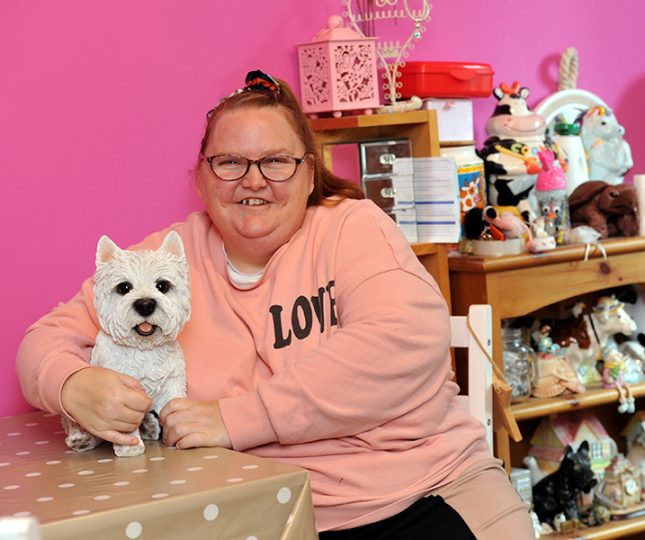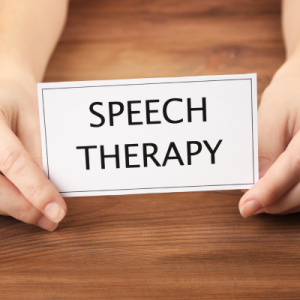Precious Homes Ltd Celebrates Good CQC Rating
Do you have the passion and determination to make a difference in the lives of people with complex needs?

Precious Homes Ltd Celebrates Good CQC Rating
Do you have the passion and determination to make a difference in the lives of people with complex needs?
An Acquired Brain Injury (ABI) is a trauma to the head which disrupts the function of the brain’ (NICE 2007). The term ‘acquired’ injury incorporates both traumatic injuries – incident, assault, fall etc., and non-traumatic injuries – stroke, brain tumours, infections, metabolic diseases, poisoning etc. Thousands of people in the UK are living with the effects of a long-term brain injury. (Find out more about our ABI Specialist residential service)
The human brain is an incredibly complex and delicate organ that controls various functions, including speech and language. However, due to injuries, individuals might experience damage to different areas of the head – the scalp, the skull, the brain, or the membranes, which might lead to difficulties in communication, speech, language eating, drinking, and swallowing. In such cases, speech therapy plays a crucial role in improving and restoring these essential skills.
Brain injuries can result in a range of speech and language impairments – it can affect the ability to comprehend and express language, the motor control of speech muscles, making it difficult to articulate words clearly or the coordination of muscle movements required for speech production. It might also affect the ability to eat, drink and swallow.
Speech therapy is highly beneficial during recovery from a brain injury and supports life after the injury. It offers a comprehensive approach which aims to support individuals with brain injury to improve their communication abilities, eating, drinking, and swallowing.

The impact of speech therapy on individuals with brain injuries can be remarkable. It not only helps them regain their ability to communicate, speak, comprehend information, eat, drink and swallow, but also enhances their self-confidence and increases their independence, motivation, confidence, and quality of life. With regular therapy and a supportive environment, many individuals can make significant improvements in their day-to-day lives and adapt to their new normal.
Speech therapy plays a vital role in aiding individuals with brain injuries to overcome communication and speech difficulties and/or eating and drinking difficulties. By employing a personalised and multidisciplinary approach, speech therapists guide individuals throughout their journey towards improved speech and language skills, eating, drinking, and swallowing skills ultimately enabling them to reconnect with the world around them.
A passion for quality care
Founded in 1996, Precious has significant experience and expertise in supporting autistic people and people with learning disabilities. The company offers supported living and residential care at more than 40 locations, covering London, Birmingham, Dudley, Gloucester, Milton Keynes, and Torquay. Earlier this year, the company announced that it had recently invested significantly in a new senior team, with a new vision for the future, new values, and a renewed and unwavering focus on providing quality care.